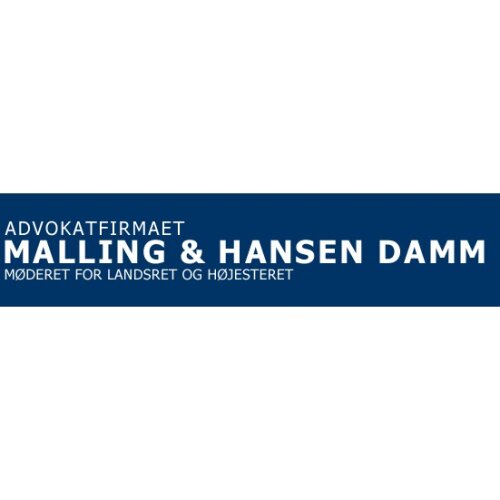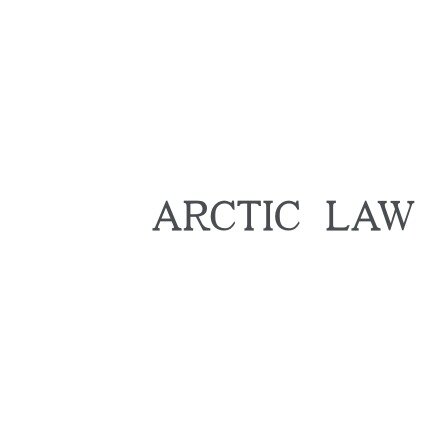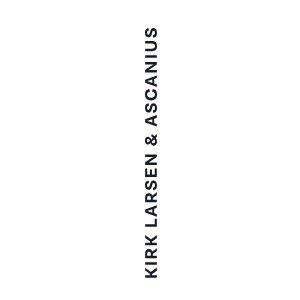Best Tax Increment Financing Lawyers in Greenland
Share your needs with us, get contacted by law firms.
Free. Takes 2 min.
Or refine your search by selecting a city:
List of the best lawyers in Greenland
About Tax Increment Financing Law in Greenland
Tax Increment Financing (TIF) is a public financing method used to subsidize infrastructure, community improvement projects, and urban redevelopment in specific districts. In Greenland, TIF is employed as a tool for facilitating economic development, making it an attractive option for local governments aiming to stimulate growth in underdeveloped areas. TIF allows municipalities to capture the future tax benefits of the improvements they are investing in to pay for the current improvements.
Why You May Need a Lawyer
Understanding and navigating the complexities of Tax Increment Financing can be challenging, especially in the evolving legislative landscape of Greenland. Some common situations where individuals or businesses might require legal assistance include:
- Evaluating the eligibility and feasibility of proposed projects for TIF designation.
- Negotiating development agreements between developers and public entities.
- Ensuring compliance with local regulations and requirements related to TIF projects.
- Addressing disputes or litigation arising from TIF projects.
- Understanding tax obligations and financial risks involved in participating in a TIF district.
Local Laws Overview
Tax Increment Financing in Greenland is governed by a set of local laws and regulations that aim to control and promote responsible development. Key aspects include:
- The establishment process of TIF districts, which requires public meetings and approval by relevant municipal authorities.
- Compliance with environmental regulations and land-use planning to ensure sustainable development.
- Specific provisions for the allocation of increment tax revenues, emphasizing transparency and public benefit.
- Requirements for annual reporting and financial disclosures of the district’s operations and outcomes.
- The creation of redevelopment plans that align with regional economic strategies.
Frequently Asked Questions
What is the purpose of Tax Increment Financing?
TIF is designed to attract private investment into blighted or underdeveloped areas by leveraging future tax revenues to fund public infrastructure and improvements.
How is a TIF district established in Greenland?
A TIF district is established through a formal process that includes feasibility studies, public consultations, and the approval of relevant municipal authorities.
Who can propose a TIF project?
Developers, local governments, and community organizations can propose TIF projects, but they must align with the strategic development goals of the area.
How long does a TIF district typically last?
The lifespan of a TIF district is often predetermined and can range from 15 to 30 years, allowing sufficient time for project completion and tax increment realization.
What types of projects are eligible for TIF funding?
Projects must focus on public benefit, such as infrastructure improvements, affordable housing, and economic development initiatives.
Are there risks involved in TIF projects?
Yes, risks include potential market fluctuations, financial insolvency of developers, and the possibility that projected tax increments do not materialize.
Can TIF be used for residential projects?
Yes, TIF can support residential projects, particularly those promoting affordable housing or mixed-use development.
How are the public benefits of TIF projects assessed?
Regular assessments and reporting ensure that TIF projects meet their intended economic and community development goals.
What happens if a TIF project fails?
Failure can result in financial loss, and stakeholders may seek legal recourse or renegotiate project terms to mitigate losses.
Can non-local investors benefit from TIF?
Yes, non-local investors can benefit as long-term increment gains support broader regional economic growth, providing opportunities for returns on local investments.
Additional Resources
For further information and assistance, consider the following resources:
- The Greenlandic Ministry of Finance: Offers regulatory insights and updates on development policies.
- Economic Development Offices: Provide resources and support for potential TIF projects.
- Local law firms specializing in TIF and municipal law.
- Professional associations and workshops focusing on urban planning and financing strategies.
Next Steps
If you require legal assistance with a TIF-related matter, consider taking the following steps:
- Conduct research to identify reputable local attorneys specializing in TIF and municipal law.
- Schedule consultations to discuss your specific needs and obtain guidance on the feasibility of a TIF project.
- Prepare relevant documentation and be clear about your development goals and financial capabilities.
- Engage with municipal governments and regulatory bodies to ensure compliance and alignment with development strategies.
By staying informed and seeking expert advice, you can navigate the complexities of Tax Increment Financing and contribute to the strategic development of Greenland.
Lawzana helps you find the best lawyers and law firms in Greenland through a curated and pre-screened list of qualified legal professionals. Our platform offers rankings and detailed profiles of attorneys and law firms, allowing you to compare based on practice areas, including Tax Increment Financing, experience, and client feedback.
Each profile includes a description of the firm's areas of practice, client reviews, team members and partners, year of establishment, spoken languages, office locations, contact information, social media presence, and any published articles or resources. Most firms on our platform speak English and are experienced in both local and international legal matters.
Get a quote from top-rated law firms in Greenland — quickly, securely, and without unnecessary hassle.
Disclaimer:
The information provided on this page is for general informational purposes only and does not constitute legal advice. While we strive to ensure the accuracy and relevance of the content, legal information may change over time, and interpretations of the law can vary. You should always consult with a qualified legal professional for advice specific to your situation.
We disclaim all liability for actions taken or not taken based on the content of this page. If you believe any information is incorrect or outdated, please contact us, and we will review and update it where appropriate.
Browse tax increment financing law firms by city in Greenland
Refine your search by selecting a city.











